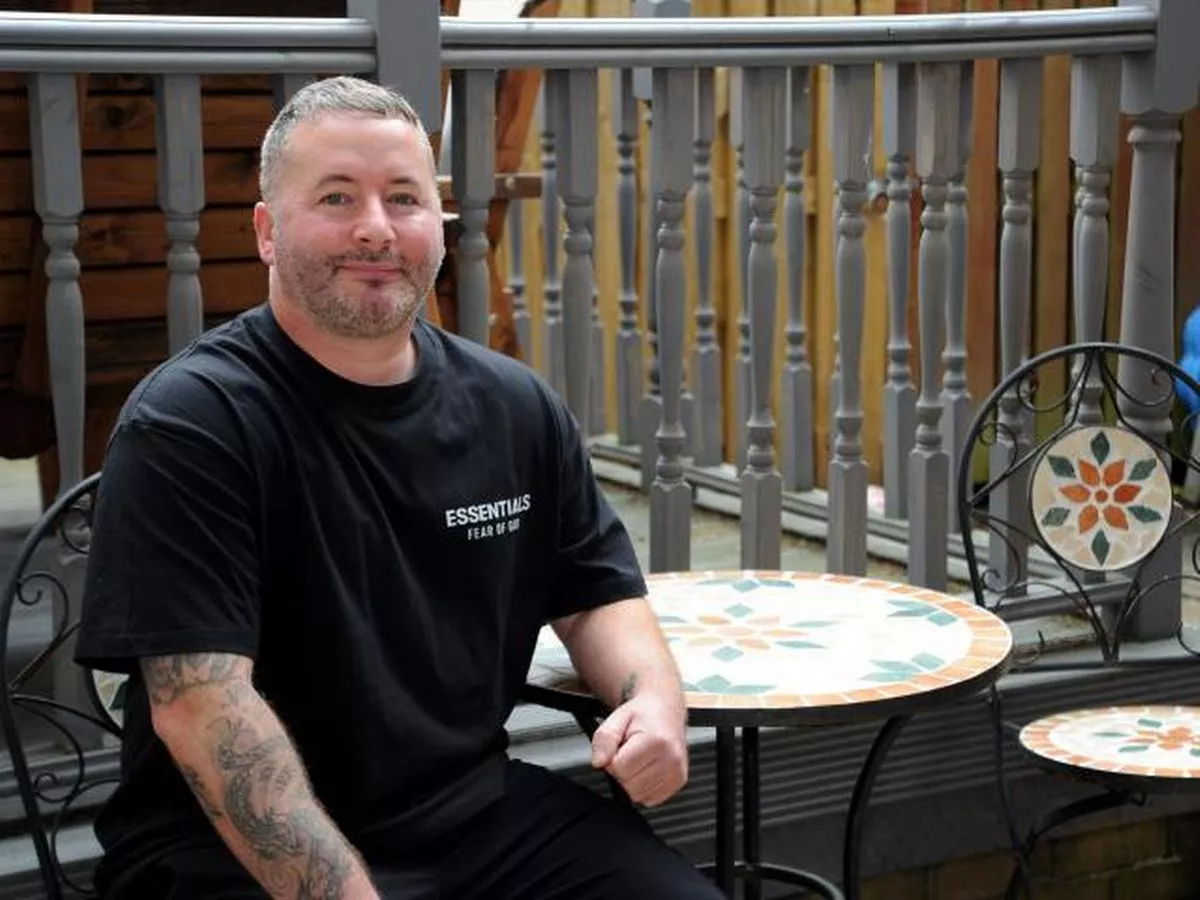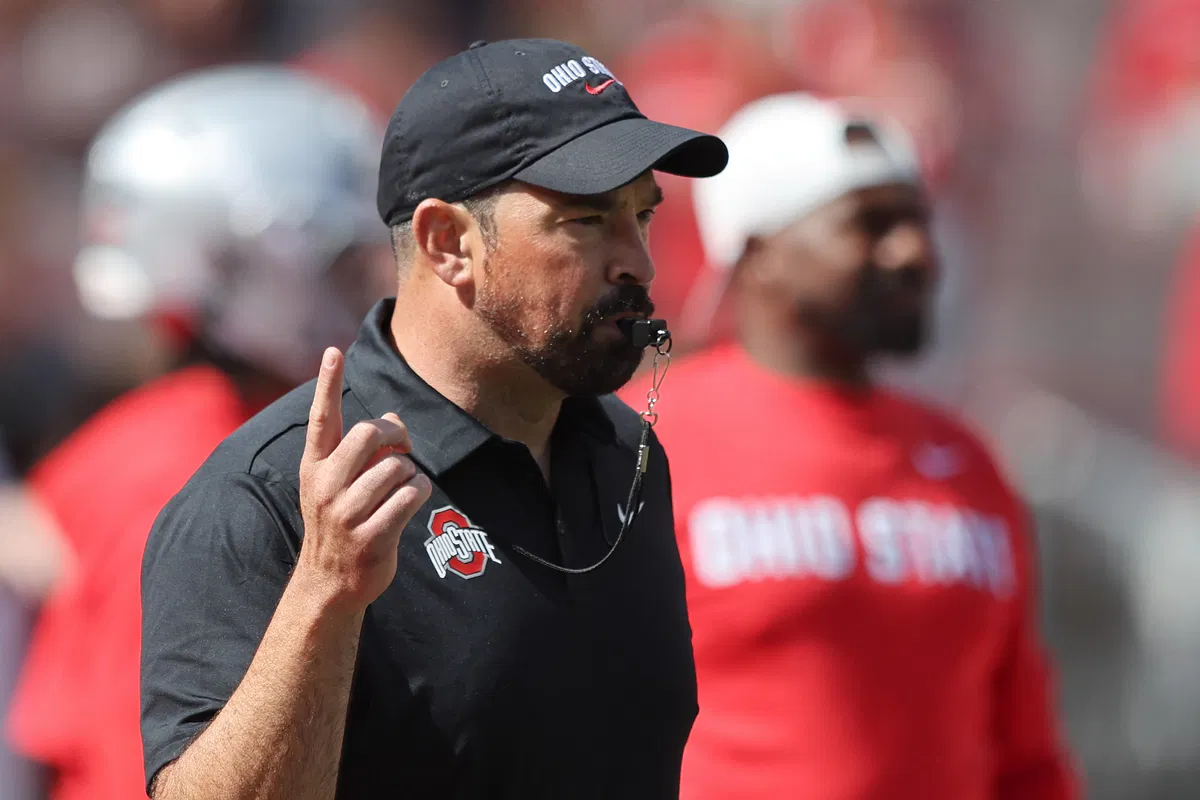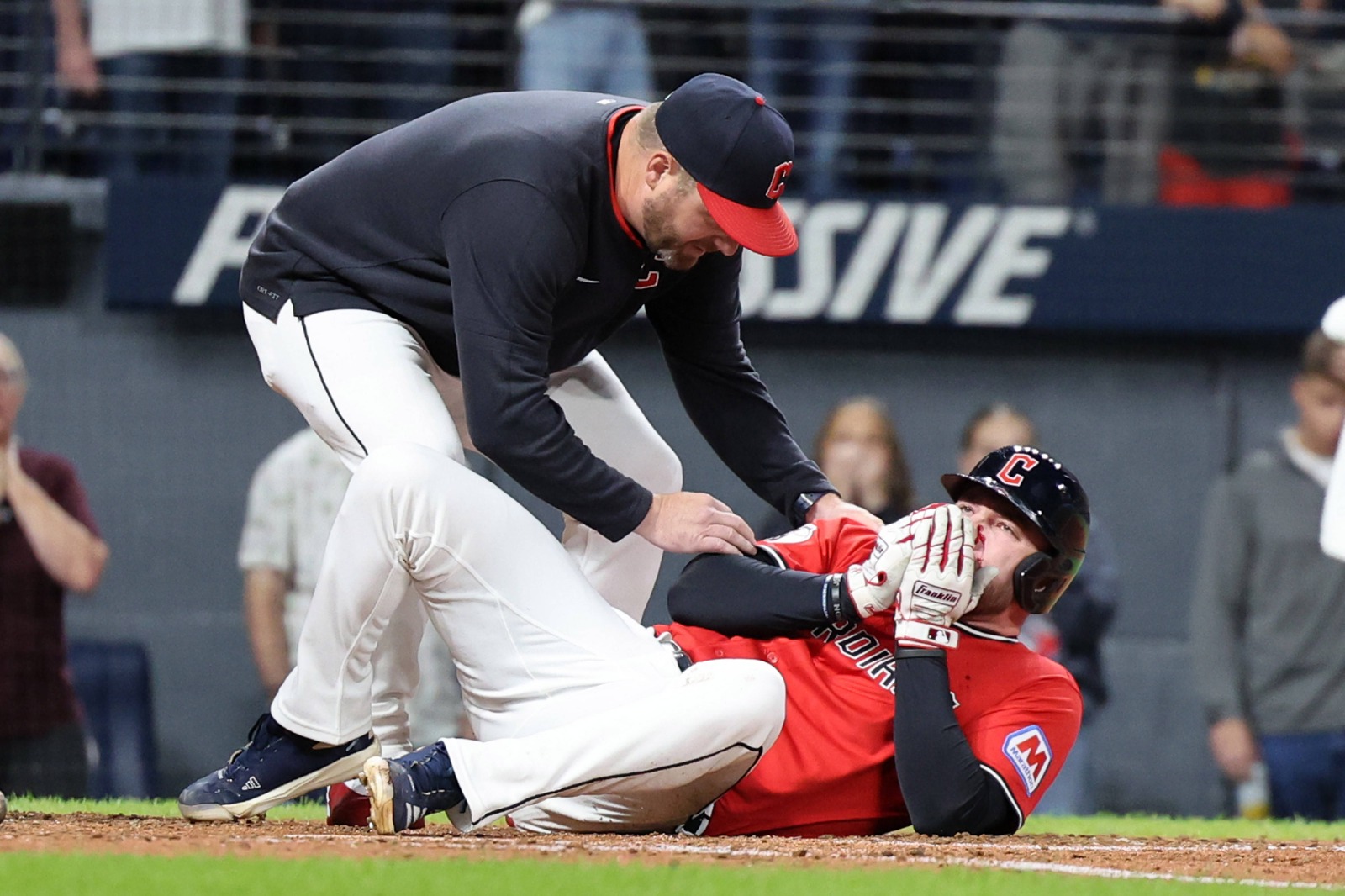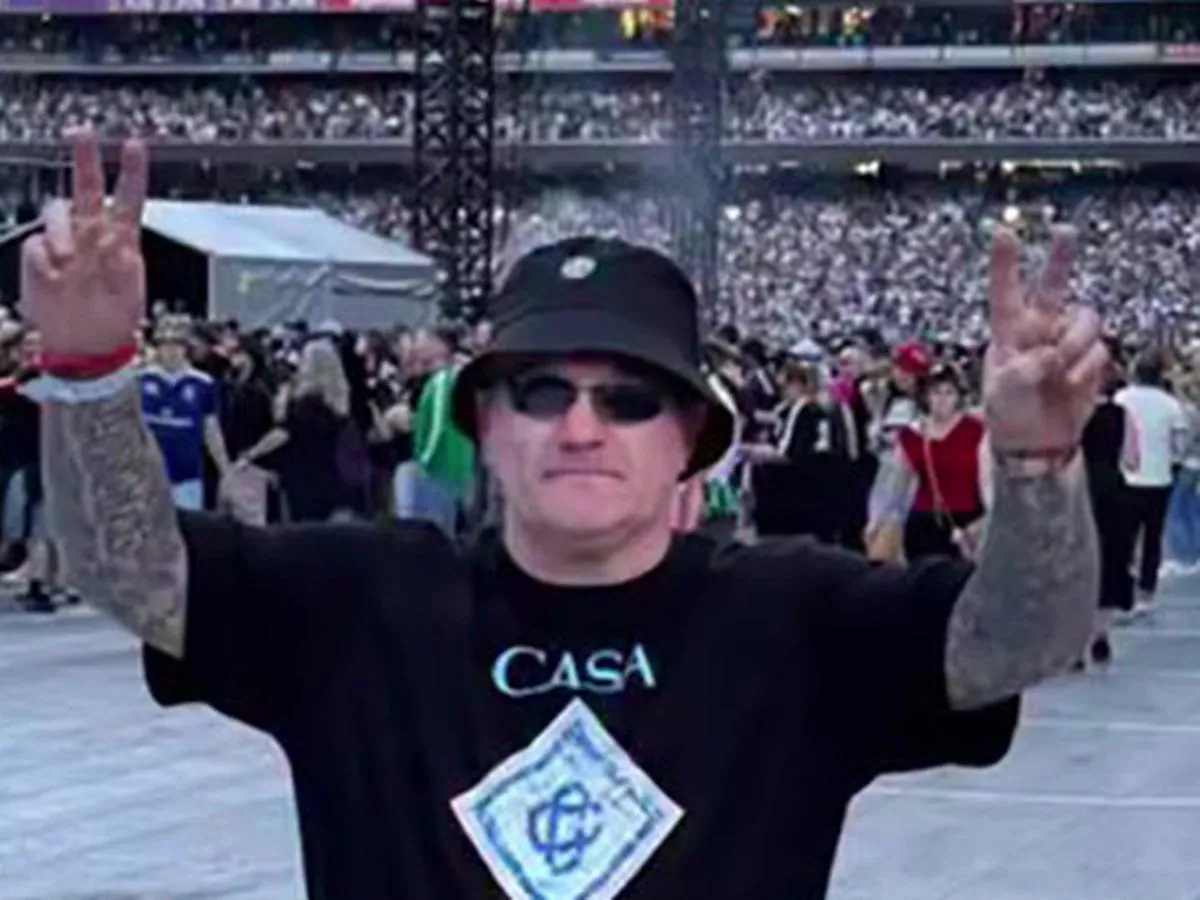By Jack Thomson
Copyright dailyrecord

“A few hours had passed and I noticed this headache…just felt like the worst migraine ever. I actually thought that my time was up.” These are the words of Linwood man Liam McLaughlin as he reflects on the moments preceding his diagnosis with a subarachnoid haemorrhage in February. A fit adult with a keen interest in extreme sports such as skateboarding and mountain biking, the 42-year-old woke one morning with what is known as a ‘thunderclap headache’. Both his partner and mum phoned NHS 24 and an ambulance was sent out to take him to the Royal Alexandra Hospital in Paisley before he was later transferred to the Queen Elizabeth University Hospital in Glasgow. “At the start, I thought that it was a really bad headache,” Liam said. “After the first brain scan, they knew there was something seriously wrong. “They took the appropriate action and rushed me to the Queen Elizabeth Hospital where they’ve got a big neurodivision —and from there I was taken care of.” What can follow for people in Liam’s situation is an unnerving or frightening period of uncertainty as they navigate their recovery from a brain injury. The process can be life-changing and leave individuals feeling confused, anxious and isolated as they come to terms with what they have been through. Recalling his own experience, Liam said: “I was home myself a lot. My family were doing a lot to help me but I was really feeling isolated. “I had pressure because, although I’ve been working all my life and I took all the insurances that you would normally take to make sure that you and your family are fine in any ill health, those things were hard to access.” He continued: “With the brain injury, I had started to feel anxiety. I was depressed. The life I knew before — of being very active — it had gone. “I was sitting in the house trying to recover…I had very bad neurofatigue. Getting up and walking down the stairs was a problem. “Even at the start, I had light sensitivity so I was sitting with sunglasses on in the house which was ridiculous looking back at it but it made me feel a wee bit better at the time. “Trying to navigate going to the doctor’s and finding out what was next for me, it was always very vague. [It was] ‘come back in two weeks, here’s a sick line for two weeks’. Although the doctor was helpful when I was there face-to-face, even getting an appointment was hard.” Liam self-referred to Quarriers Brain Injury Community Support — a new service that opened at the end of April and is funded through Renfrewshire Council. It provides support and advice to adults with a brain injury, helping with a wide spectrum of needs from non-medical rehabilitation to day-to-day living. It signposts those contacting or using the service to a range of wider support services that exist across Renfrewshire so they can improve personal and family outcomes in the longer term. It also provides specialist support networks and community connection opportunities as required for clients and their family. For Liam, the support he has received from the likes of service lead Helen Stewart and project worker Ronnie Patrick has been invaluable. He said: “They’ve shown me what it’s like to have somebody in your corner, people that you can look to rely on because they had an insight to this.” Liam, who has been supported at appointments with the doctor and Citizens Advice, said the team reiterated that he was not alone. He added: “For the majority of people, this takes a wee while to start feeling better so I’ve just been listening to Ronnie and taking things easy. “He managed to secure much-needed time off from my work. I felt under pressure because I’ve got bills like everybody else. “These things don’t stop unfortunately when you’re not well. “Instead of panicking that I was getting further and further behind with anything, Ronnie set out small targets for me. “We’re making them and every time we make them, it just makes everything feel a bit better.” Quarriers will be holding an information day for Brain Injury Community Support from 1pm until 3pm on Friday, October 3, at the Tweedie Hall in Linwood. The team, which also includes project worker Karen Shanks, hopes this event will raise awareness on the subject and let people know it is available in Renfrewshire. Helen, who has sought to ensure there is a clear pathway between local hospitals and the service, has emphasised its importance. She said: “It’s vital that these types of services are available for people. “A brain injury can happen at any time or any age and can happen to anyone in so many different ways, such as road traffic accidents, falls, infection, stroke and assault. “And the effects can be long term and life-changing. “It is so important that we raise awareness on every forum possible to ensure that people can find us when they need us. “Brain injury needs to be talked about. People need to hear about the service and be able to refer to us as soon after their injury as possible.” To RSVP for the information day, visit forms.office.com/e/tt



